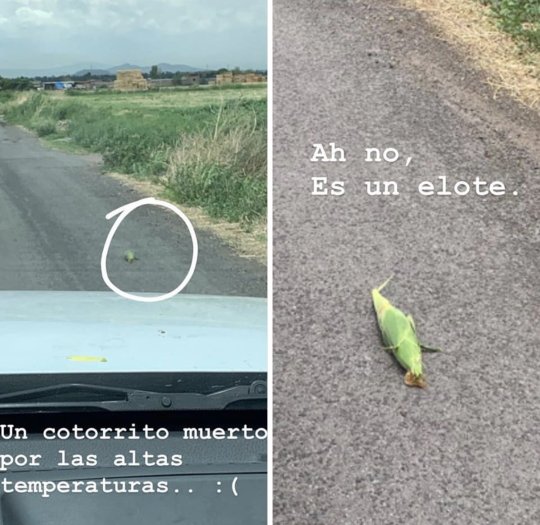Don't wanna be here? Send us removal request.
Text
Pra você ser um poeta, voce tem que se fuder meu
Pra você ser viado, você tem que se fuder caralho
A hetera branca de boa e você no sofrimento
Até quando
O amor te é negado porque você não presta, voc é insignificante
Você é uma formiga faminta próximo a um tamanduá
5 notes
·
View notes
Photo



When you have a twisted dark sense of humor, yet you are bubbly at the same time. Meet Yovska @androgyns in Dragula Season 3 (x)
477 notes
·
View notes
Photo
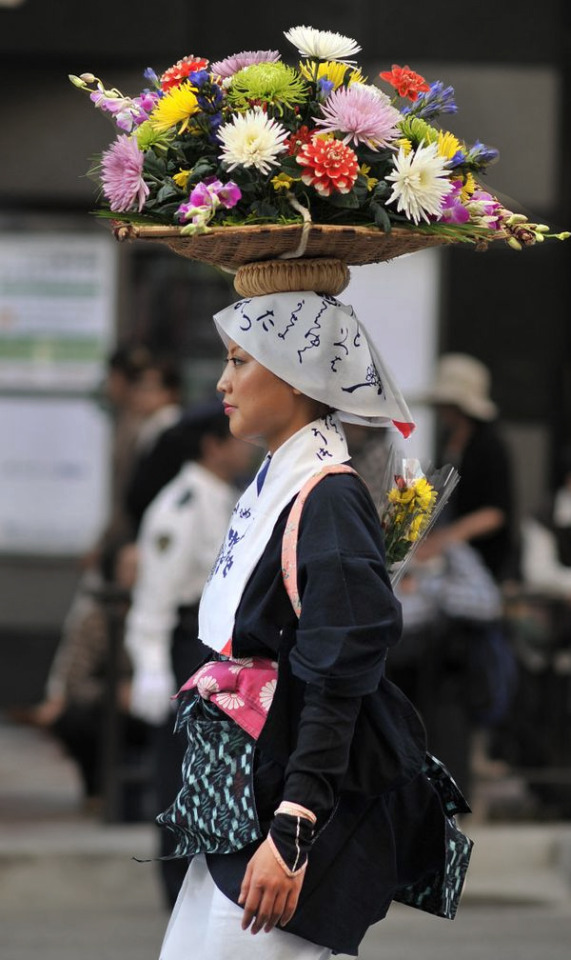
In Kyoto, Japan’s old capital, right until the first few years of the last century one sure sign of spring was the Shirakawame, the flower maidens in their special costumes selling flowers on the streets of the city. It is said that the practice started in the Heian period (794-1185) with market ladies delivering flowers to the imperial palace, but by the Edo period (1603-1886) the Shirakawame was almost exlusively young ladies selling flowers in the street. Text and image via Tokyobling
547 notes
·
View notes
Photo
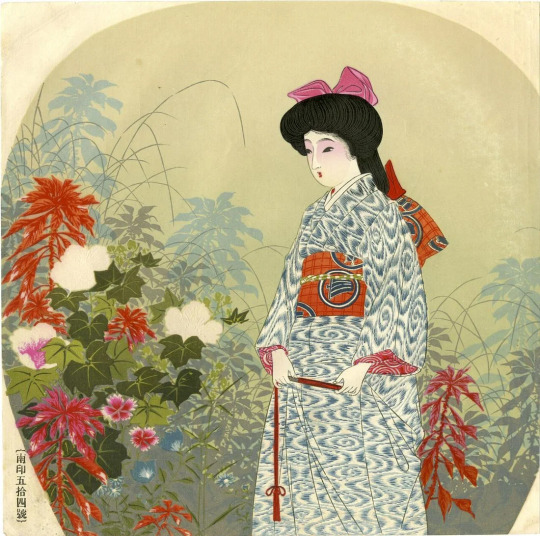
Japanese Woodblock Print, c1890 – Hibara Company (Tokyo 1806) Deluxe Fan Print (Uchiwa) Original First Edition.
65 notes
·
View notes
Photo


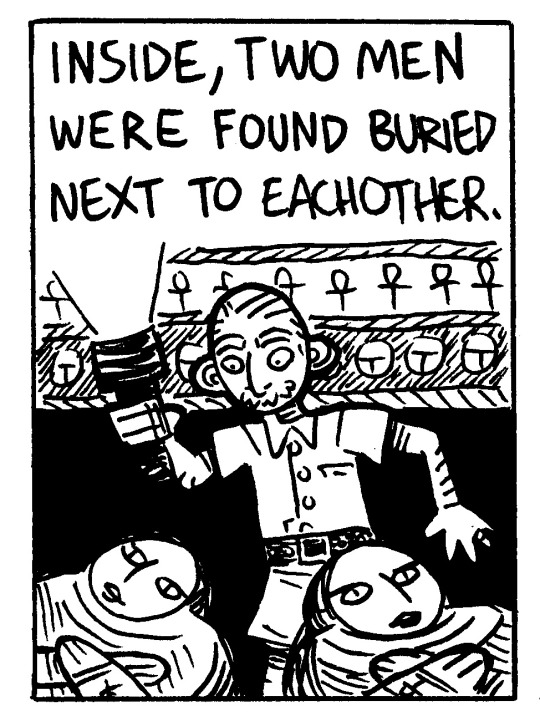
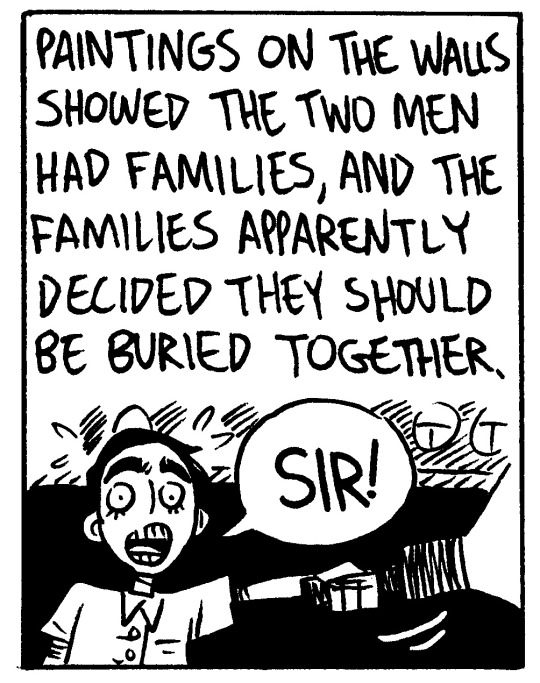

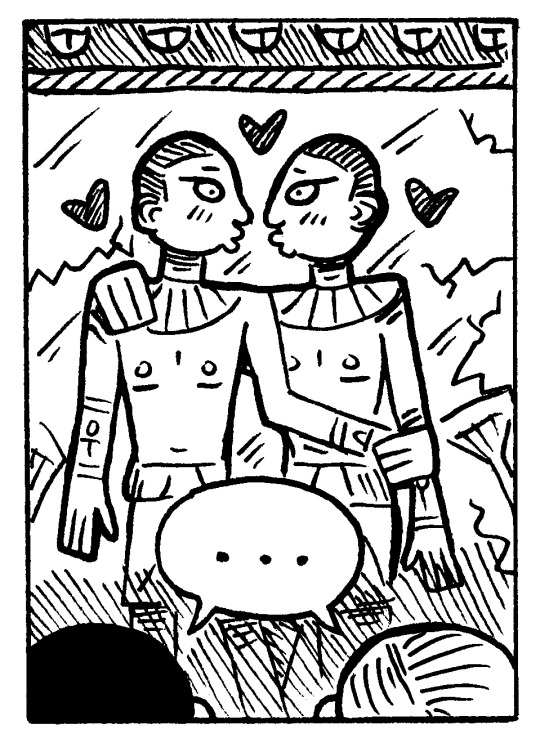
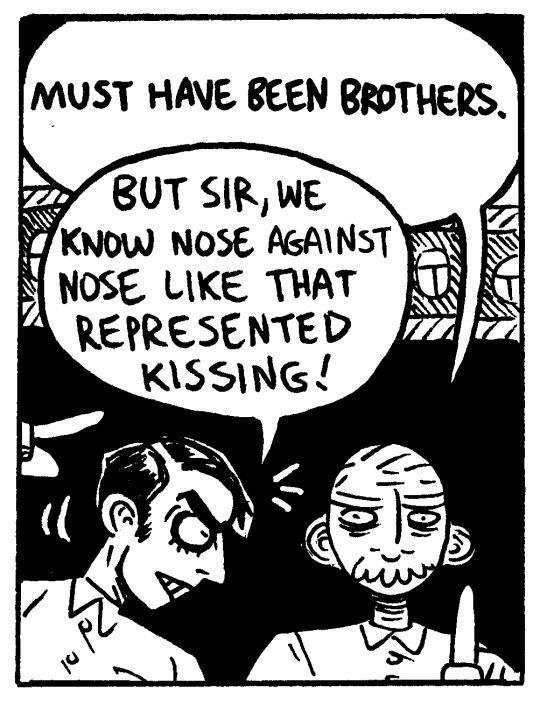
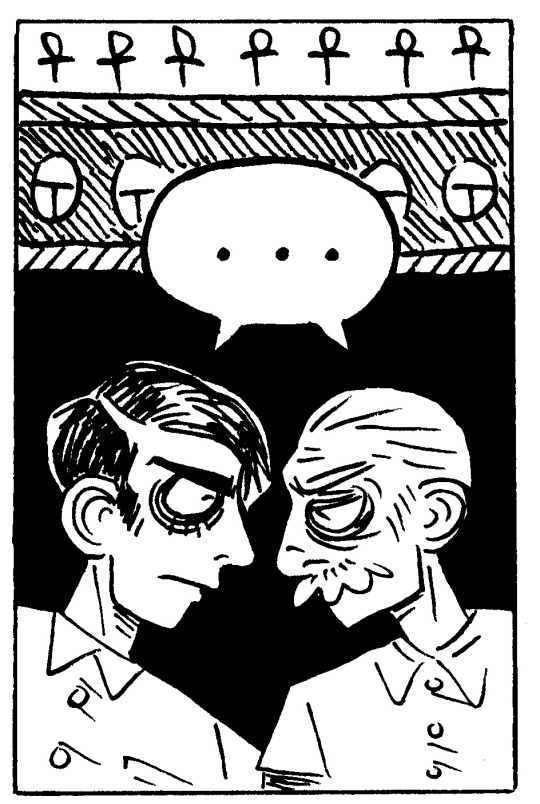
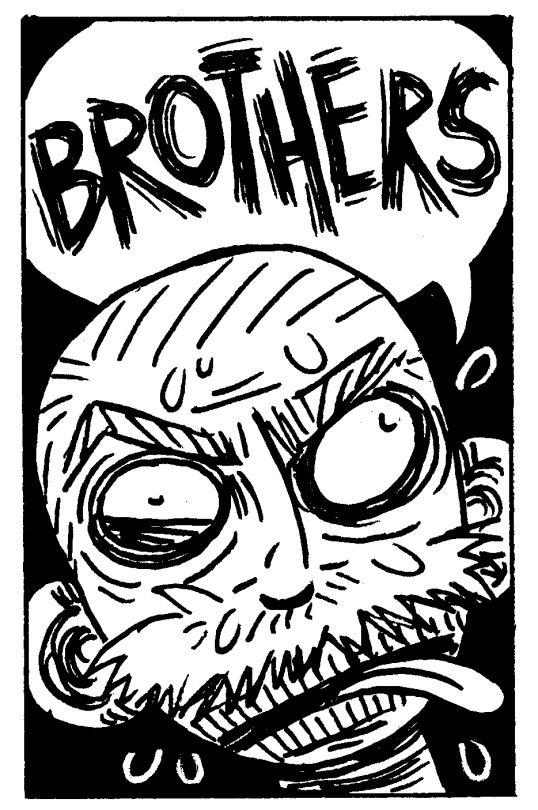

Informative Ancient Egypt Comics: BROS
Our 1st place contest winner requested a Niankhkhnum and Khnumhotep comic as their prize.
369K notes
·
View notes
Text
We had a small school group of older teens the other day and I was helping at the lumber station where we have everyone wear safety glasses.
The kids yelled/chanted OSHA! At each other and their teacher when they almost forgot the glasses.
I hope this group comes back.
73 notes
·
View notes
Photo
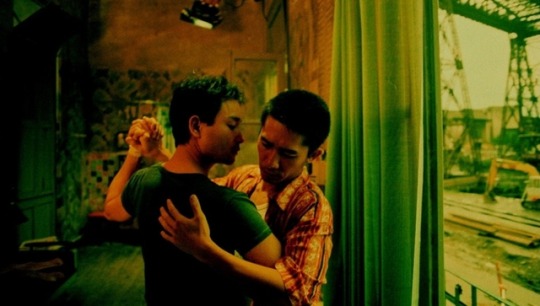

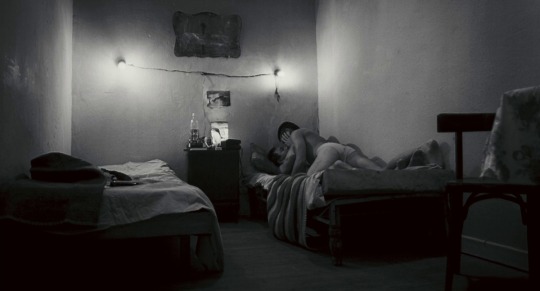


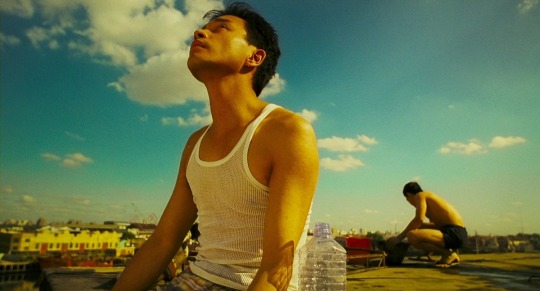



Tony Chiu-Wai Leung and Leslie Cheung (Happy Together, 1997)
6K notes
·
View notes
Photo






Siti Unesco Italia - Patrimonio Mondiale dell’Umanità (1/8)
Opere di difesa Veneziane - Piazza del Duomo di Pisa - Arte Rupestre Val Camonica - I Sassi ed il Parco delle Chiese Rupestri di Matera - Val’Orcia
7 notes
·
View notes
Photo
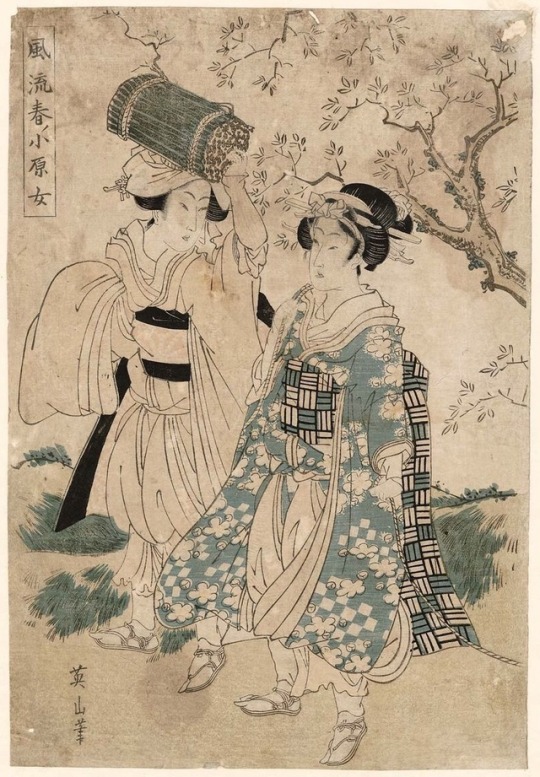
Title: Fashionable Women of Ohara in Spring (Fûryû haru no Ohara-me) 「風流春ノ小原女」, Artist: Kikukawa Eizan (Japanese, 1787–1867), Japanese, Edo period, about 1804–18 (Bunka era)
302 notes
·
View notes

























